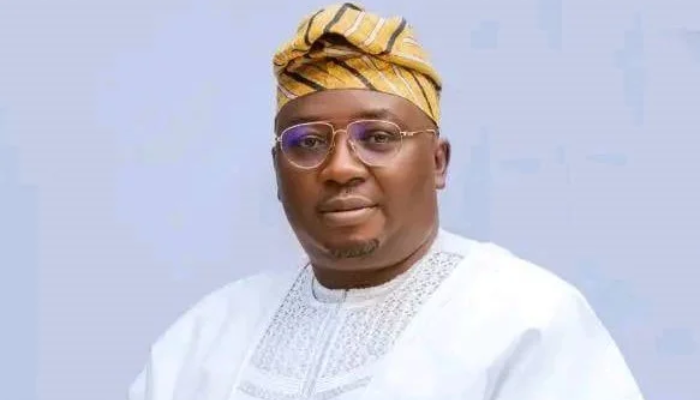Nigeria plans to boost its national electricity grid by an additional 150 megawatts (MW) before the end of the year, according to Adebayo Adelabu, Minister of Power.
This development follows the near-completion of the pilot phase of the Presidential Power Initiative (PPI), a collaborative project between Nigeria and German engineering firm Siemens.
Speaking after a meeting with President Bola Ahmed Tinubu and German President Frank-Walter Steinmeier at the Presidential Villa in Abuja on Wednesday, Adelabu highlighted the progress made under the initiative.
“We believe that before the end of the year, an additional 150 megawatts will be added upon completion of the entire pilot phase,” he said.
The PPI, aimed at improving Nigeria’s electricity infrastructure, includes both upgrades to existing systems and new installations.
Adelabu noted that eight of ten imported transformers and mobile substations under the pilot phase have already been commissioned, significantly enhancing the country’s transmission grid capacity by 750 MW.

The next steps involve modernising 14 existing substations and constructing 23 new ones to address the fragility and outdated nature of the current grid.
“The entire grid is quite fragile and dilapidated. We need to revamp it to ensure stability going forward,” Adelabu stated.
Adelabu also discussed Nigeria’s renewable energy aspirations, emphasising the nation’s commitment to achieving net-zero emissions by 2060. He noted Germany’s expertise in renewable technologies as a valuable complement to Nigeria’s abundant natural resources, such as solar and wind energy.
“Germany has technology; we have the sun and wind,” he said, adding that over 30 Nigerian states enjoy at least 10 hours of sunshine daily.
To ensure energy reliability, Adelabu proposed a distributed power model where each state would generate its own electricity, reducing dependence on the national grid and advancing rural electrification.
“This model will shield states from problems on the national grid and ensure rural electrification. Germany’s involvement extends beyond traditional energy sources; it includes significant investments in green energy projects,” he said.


